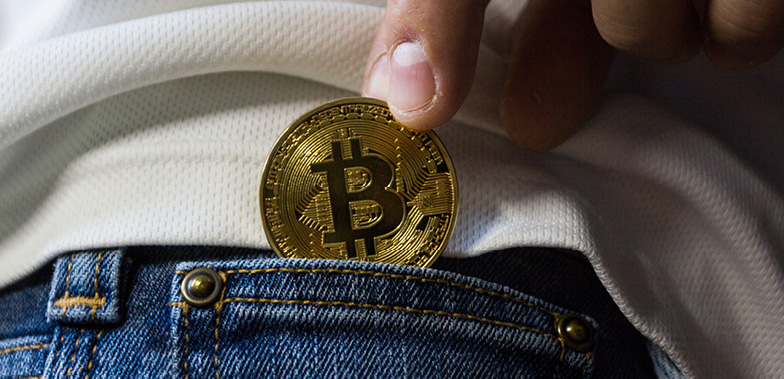Cryptocurrency is popping up more and more on our newsfeeds, and doesn’t seem to be going anywhere anytime soon. While the conversation about this digital currency and how it affects real estate keeps swirling, it’s important to first understand what exactly it is.
Bitcoin is a virtual way of paying for something that is completely controlled by computers—there’s no bank or third party involved with this type of transaction. It’s not a currency that can be used every day, rather an alternative way to pay for big purchases, such as a home. Your data is stored in a digital wallet (known as a blockchain) instead of a bank, where you can securely store your information by way of encryption. Without the need for third party involvement, bitcoin is proving to be a force to be reckoned with in the home selling and buying market.
What this means for real estate:
As cryptocurrency becomes more popular, so too does the amount of people on the market looking to buy homes with this decentralized, open-source method of payment. Brokerages that accept bitcoin are typically those in the luxury real estate market, but this doesn’t mean it couldn’t change as digital currency continues gaining speed. Plus, there’s still a chance that the value of bitcoin could either decrease or increase as time goes on.
To understand this payment and real estate a little more, here’s an example from January 2017: a Manhattan Beach home was sold for 3,300 bitcoins, which equated to $3.2 million at the time. However, if the seller hadn’t converted this to cash instantaneously, and had instead waited until this year to sell, that amount of bitcoin would be worth nearly $34 million. The fluctuating value can be tricky to maneuver for agents and homeowners alike, so it’s important to keep an eye on the market regularly.
There’s really no financial advantage either way when trying to decide whether or not to use bitcoin in a home transaction. The biggest reason people go this route is to avoid any delays the bank can present. A bitcoin transaction can be a lot more convenient, with the typical time taking anywhere from ten minutes to a day. Without banking fees and hassle in general, brokerages are becoming more eager to see what the future holds for bitcoin and cryptocurrency as a whole.



















